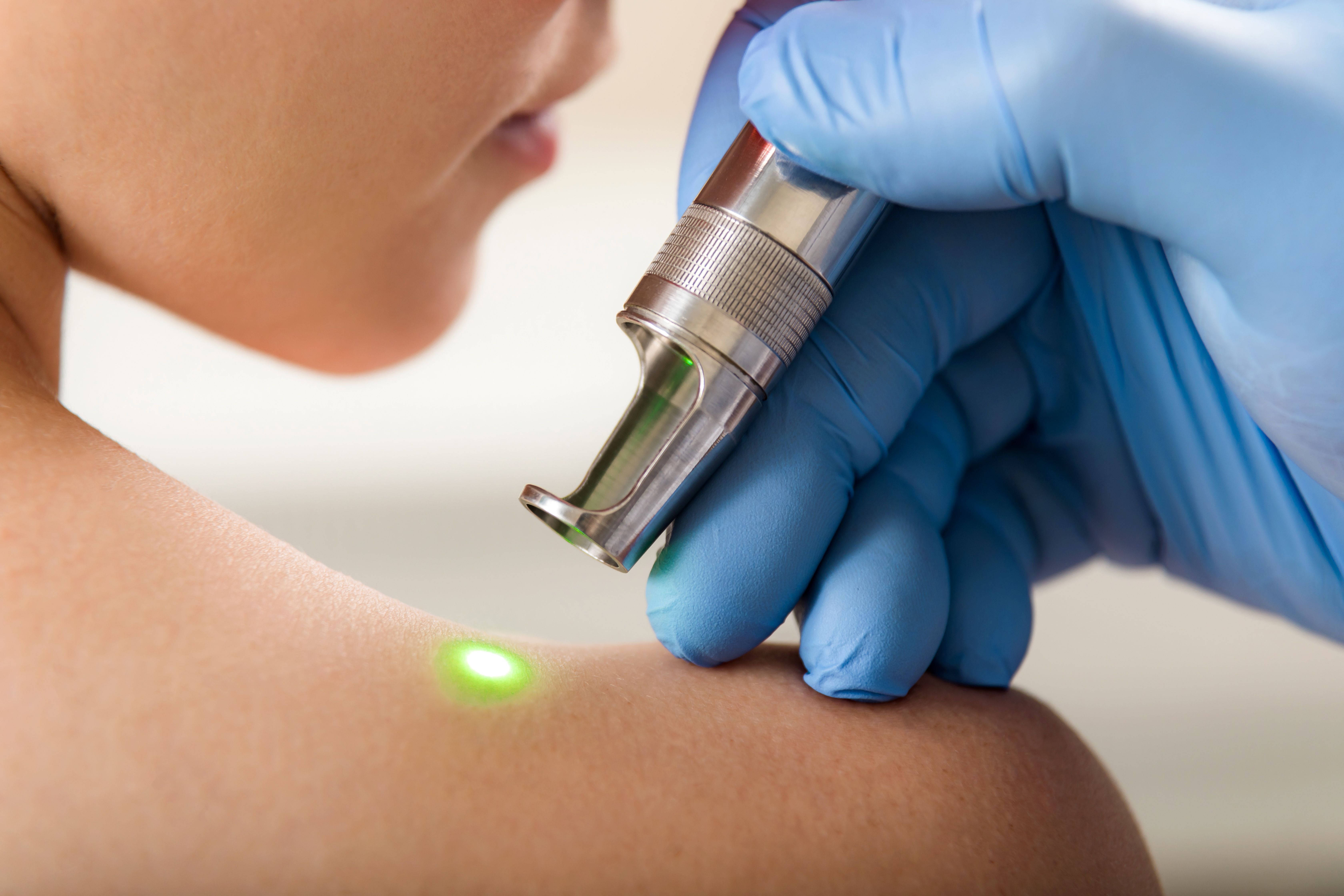- Acne
- Actinic Keratosis
- Aesthetics
- Alopecia
- Atopic Dermatitis
- Buy-and-Bill
- COVID-19
- Case-Based Roundtable
- Chronic Hand Eczema
- Drug Watch
- Eczema
- General Dermatology
- Hidradenitis Suppurativa
- Melasma
- NP and PA
- Pediatric Dermatology
- Pigmentary Disorders
- Practice Management
- Precision Medicine and Biologics
- Prurigo Nodularis
- Psoriasis
- Psoriatic Arthritis
- Rare Disease
- Rosacea
- Skin Cancer
- Vitiligo
- Wound Care
Article
Dual-porosity lip implants stay put
Toronto - An expanded polytetrafluoroethylene (ePTFE) implant that offers two different pore sizes reduces problems with implant migration and shrinkage, an expert says.
Toronto - An expanded polytetrafluoroethylene (ePTFE) implant that offers two different pore sizes reduces problems with implant migration and shrinkage, an expert says.
Since the 1970s, physicians have used ePTFE for soft tissue implants in the form of products such as Gore-Tex and SoftForm, says William H. Truswell, M.D., a facial plastic surgeon in private practice in Northampton, Mass.
However, he says that due to these products' small pore size (30 μ), "They would shrink down quite a bit and sometimes migrate" over time.
"These capsules eventually contract and thus shrink, thereby displacing many of those implants," Dr. Truswell says.
Dual porosity advantages
In contrast, he says, "The Advanta implant (ePTFE, Atrium Medical Corp.) was designed with a dual porosity - its innermost core measures 100 μ, which makes it very soft.
"The coat that surrounds the implant has a pore size of 40 μ."
Because this pore size allows limited cellular penetration, Dr. Truswell says, "It inhibits capsular formation, but it anchors the implant in place."
Additionally, he says that because the implant's 100 μ core is exposed at both ends of the implant, "Longitudinally, one achieves very good biointegration or cellular ingrowth."
Some research, in fact, has shown that vascularization occasionally extends into the implant, Dr. Truswell says.
"If the implant must be removed," he adds, "it comes out very easily because there's only limited radial integration." However, he says that patients rarely require removal.
As a permanent implant, the product offers advantages over injectable lip implants because these must be redone periodically, Dr. Truswell observes.
Dr. Truswell estimates that to date, he has performed more than 300 Advanta lip implants over five to six years. A typical patient requires two or three implants (available in round and oval shapes of varying widths, all measuring 15 cm long) in the upper lip and one or two implants in the lower, Dr. Truswell says.
Postoperatively, he says, "I've spoken to the patients and their spouses or partners, and in all instances, both parties have told me it makes no difference in kissing."
The implants furthermore create no numbness and, if done correctly, no compromise in lip function, he says. Implantation requires only small incisions on the lip mucosa, adds Dr. Truswell, who has invented and patented a special instrument (manufactured by Marina Medical Corp.) consisting of an ergonomic handle with detachable hollow shafts that securely hold and safely insert implants.
"The incisions are closed with one tiny stitch that breaks up in a few days," he adds. "It takes just a few minutes to put each piece in," with the benefit that it provides good results.
"It can do a very nice job in a correctly shaped lip," he adds.
Caveats, complications
However, Dr. Truswell notes, "Not every lip is going to be a good one" for Advanta implants.
Specifically, he advises against using this product in patients with very thin lips. Postoperative bruising can occur, as well as swelling, Dr. Truswell says. Accordingly, he says it's important to apply ice to the treated area.
Complications theoretically can include numbness, infection, extrusion and hematoma formation, although Dr. Truswell says he's seen only two infections in his patients.
As for asymmetry, he says, "That's technique-driven, so the more experience one has, the more accurate" one will be.
Making sure the implants aren't visible likewise requires placing them in the right spot, Dr. Truswell adds.
Newsletter
Like what you’re reading? Subscribe to Dermatology Times for weekly updates on therapies, innovations, and real-world practice tips.















